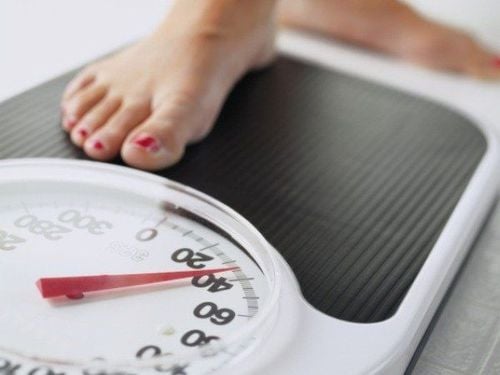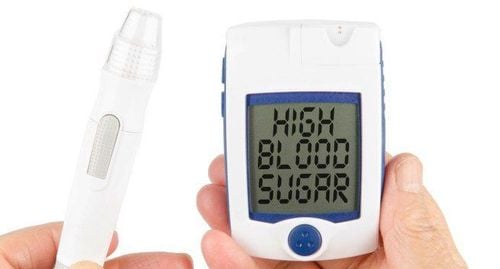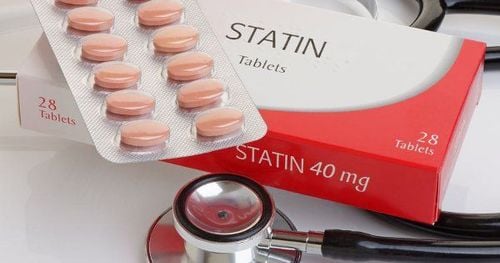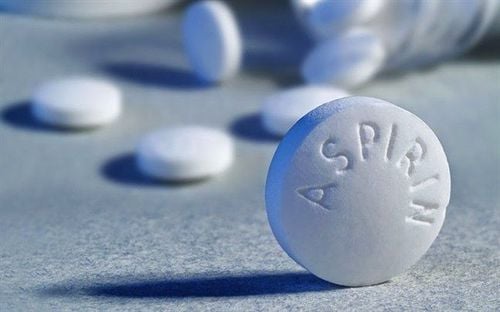This is an automatically translated article.
The article was professionally consulted by Dr. Tran Quoc Tuan - Emergency Medicine Doctor - Emergency Resuscitation Department - Vinmec Phu Quoc International General Hospital. Doctor Tran Quoc Tuan has more than 12 years of experience in emergency resuscitation.One of the greatest gifts we can give our hearts is physical activity. In fact, the combination of regular exercise and a healthy diet is a great plan to protect against heart disease, coronary artery disease and vascular disease. .
1. Benefits of Exercise for Heart Health
In daily life, regular exercise is essential for everyone. It not only helps to improve the body's resistance but is also very useful for heart health.Experts in the field of cardiology have confirmed that exercise has a powerful effect similar to some complementary drugs. To increase your motivation to exercise more, you need to understand its inherent benefits for the heart. These benefits include:
Exercise lowers blood pressure: as we all know, high blood pressure is one of the main causes of heart problems. Exercise acts as a beta-blocker to help slow heart rate and lower blood pressure (at rest and during exercise). Exercise is the key to weight control: being overweight and obese not only affects the psychology and daily life of the sufferer, but also has a negative impact on the heart. Excess body weight puts stress and strain on the heart, which is a major risk factor for heart disease and stroke. Physical activity combined with a smart diet will be an essential part of helping you lose weight and keep it under control. This also helps to optimize heart health. Exercise to strengthen muscles: a combination of aerobic exercise (depending on your fitness level, can include walking or jogging, swimming, etc.) and strength training ( weight lifting, resistance training) is considered very good for heart health. These exercises help improve the muscles' ability to take in oxygen from the circulating blood, making the heart work less hard when pumping blood. Exercise helps you quit smoking: Smoking is one of the leading risk factors for heart disease because it can damage the structure and function of blood vessels. Regular exercise helps you control your urge to smoke, thereby creating a favorable opportunity for you to stop smoking.

Luyện tập thể dục thường xuyên giúp bạn từ bỏ thuốc lá dễ dàng
2. What exercises are good for the heart?
Here are some exercises that are considered by cardiologists to be good for the heart. These exercises include:Aerobic exercises: include running, cycling, swimming, radio or music training. These exercises require the practitioner to move quickly to increase the heart rate. Depending on the health status, each person will choose for themselves an appropriate exercise. Strength training: include weightlifting or yoga. These exercises help strengthen the muscles, you should do them about 2-3 times a week for best results. Stretching exercises: Stretching exercises are also known as Stretching. They have a very good effect in relaxing muscles, circulating blood vessels, recovering and reducing aches and pains after exercise or exercise. Full body exercises: including swimming, push-ups, skiing, rowing, kickboxing,... These full-body exercises help burn calories of the body, and at the same time melt away obnoxious fat, maintain maintain a healthy body and keep your heart healthy.
3. How to exercise effectively?
According to the American Heart Association, each person should participate in moderate-intensity exercise and sports for at least 30 minutes a day and do it continuously for about 5 days a week. Regular exercise helps to increase the health of the heart and the whole body.If you are a beginner in exercise, you should do it little by little to get used to and gradually adapt to the exercises. You can then ramp up your workout for a longer time than before. Ideally, you should consult a doctor or consultant to choose an exercise regimen suitable for your health status. This helps to minimize injury during exercise.
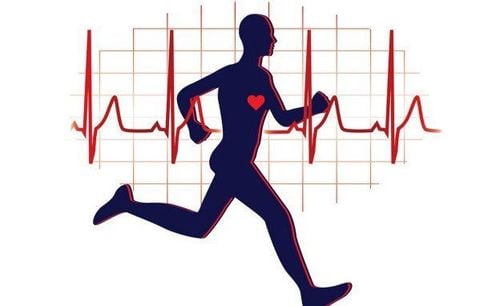
Tập thể dục đều đặn tốt cho tim mạch
During the first 1-2 days after a workout, you may experience muscle pain. This condition is completely normal at the beginning of exercise and it will go away on its own as the body adapts to the exercise.
Here are some tips to help you have a more effective workout session:
After eating, you should wait about 1 hour before starting to exercise. Warming up before a workout is an essential step. This gives the heart and other parts of the body time to adjust from resting to being more active. Cool down after finishing the exercise. You should gradually slow down your training pace rather than stopping suddenly. Sitting, standing still, or lying down right after exercising can make you dizzy, have headaches, and even feel like your heart is racing. Should sip water.
Please dial HOTLINE for more information or register for an appointment HERE. Download MyVinmec app to make appointments faster and to manage your bookings easily.
Article referenced source: Vietnam Society of Cardiology, webmd.com, hopkinsmedicine.org




